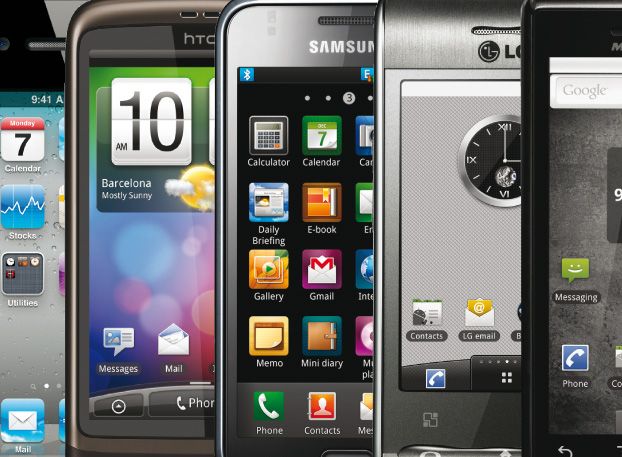

Smartphone adoption has been growing at an increasing rate, with more than half of the British population now owning at least one of the devices, a study by research firm Kantar Worldpanel has revealed.
TechWeekEurope has previously reported on the smartphone ownership approaching 50 percent mark in November.
50.3 percent of people living in Britain have chosen smartphones over their older, simpler cousins, “feature phones”. Figures also show that smartphones made up a remarkable 71.4 percent of mobile phone sales in the 12 weeks ending 22 January 2012. It is safe to say that these devices were among the most popular gifts last Christmas.
“For the first time ever [in the UK], you are now in the minority if you don’t own a smartphone. With more people jumping on the bandwagon, there is huge opportunity for both retailers and manufacturers. However, the competition is intense,” commented Dominic Sunnebo, global consumer insight director at Kantar Worldpanel.
The study shows that Android-based smartphone sales are dominating the market, but Apple is growing, with its market share in the UK increasing from 21.7 percent to 29.1 percent in a single year. Windows Phone 7 devices have finally arrived on the shelves, and Microsoft’s operating system currently commands a two percent share, mostly thanks to new Nokia Lumia 800. This is expected to grow to around eight percent in the second half of 2012.
It seems that the Lumia 800 release has helped Nokia to maintain its customer loyalty, albeit at a slower rate than it might wish for. Over a quarter of Windows Phone 7 adopters have owned Symbian handsets in the past.
And the success of the new platform does not stop there. 81 percent of Windows Phone 7 handset owners have used social networking on their device in the past month, higher than both iOS and Android. Meanwhile, three quarters have used GPS, indicating that the decision by Nokia to include maps for free was a price worth paying to drive user engagement.
Pebble creator launches two new PebbleOS-based smartwatches with 30-day battery life, e-ink screens after OS…
Amazon loses appeal in Luxembourg's administrative court over 746m euro GDPR fine related to use…
Nvidia, xAI to participate in project backed by BlackRock, Microsoft to invest $100bn in AI…
Google agrees to pay $28m to settle claims it offered higher pay and more opportunities…
Chinese social media giant Tencent triples capital expenditure on AI data centres and other areas…
EU gives Apple demands for third-party developer access to iOS features and greater responsiveness in…